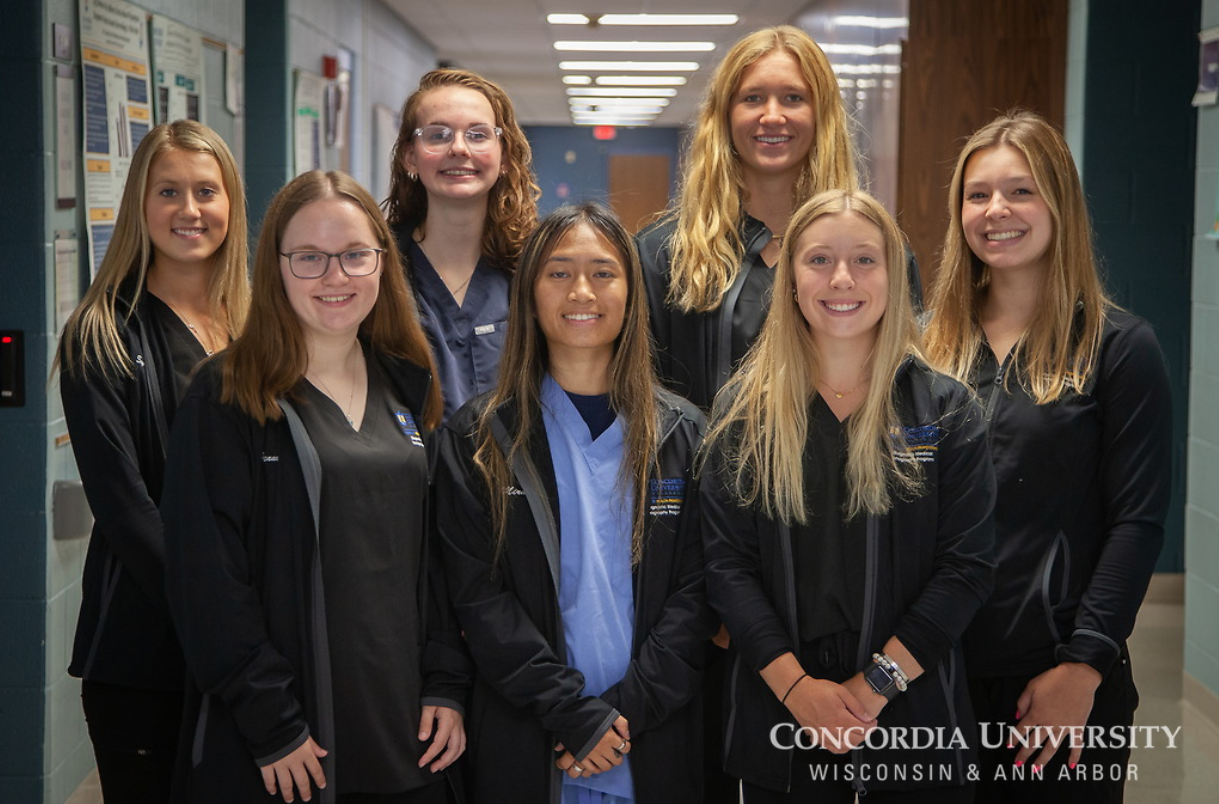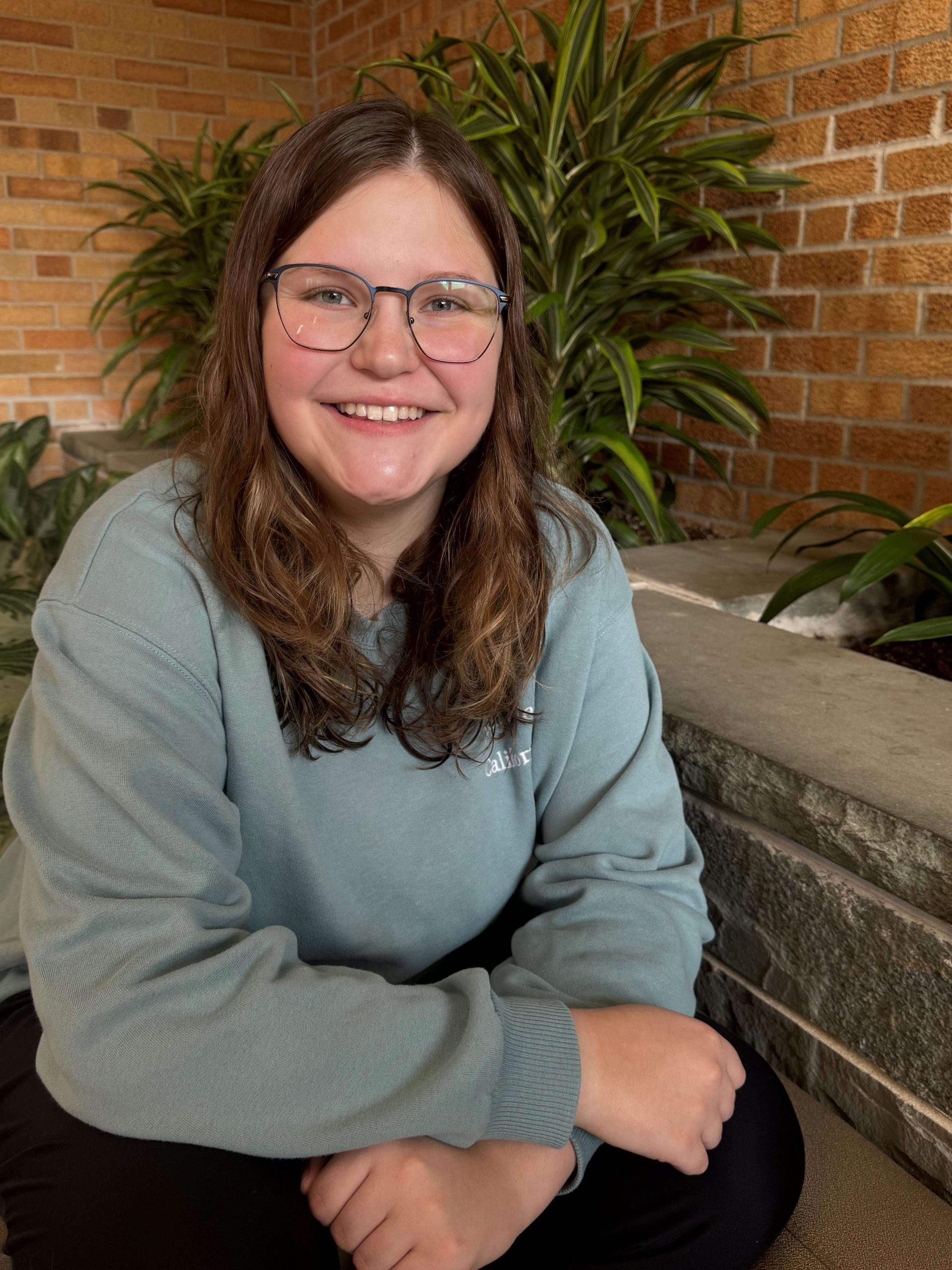
Concordia University Wisconsin is known for its commitment to quality healthcare education. Each program is dedicated to equipping students with the skills and knowledge they need to excel in the healthcare field. Of all the possible healthcare majors to choose from, the Diagnostic Medical Sonography (DMS) program may not be the first one that comes to mind but it is an amazing program that can create great opportunities.
Overview of the Program
A traditional DMS undergraduate degree can be completed in four years, with students being officially admitted into the sonography program during their sophomore year. The program works through hands-on clinical training on-campus as well as clinical rotations where students are guided by a physician. Bachelor degree students also have the opportunity to specialize their program. They can choose a specialization in abdominal sonography, obstetric and gynecologic, breast sonography, or vascular technology. The DMS program boasts a 100% success rate for job placement six months post-graduation. Sonography is a rapidly growing career and Concordia is dedicated to preparing students for their future in this field.
Thoughts From a Current Student
Kayla Stenz is a junior in the sonography program and shared a little bit about her experience as a student and why she chose sonography.
Why did you choose this major?
“I choose sonography because I have been in the healthcare field for four years now and I enjoy the aspect of one-on-one patient care. In 2018, my mom was diagnosed with breast cancer and I wanted to be able to give back to others in a way that the care team did for my mom during a challenging time for our family.”
What is something you wish you knew before starting the program?
“I wish I knew the amount of exams that are possible with the use of ultrasound and just how far in depth you can get with the major organs.”
Advice to students considering a sonography major?
“Go for it, you won’t regret it! If you love patient care and the aspect of assisting in a patient’s care plan, it is a great choice for you!”
Hear From the Program Director
Professor Lisa Reimer is the director of the sonography program. She is very passionate about the program and is committed to helping all students succeed. Professor Reimer answered some questions about the program and offered great insight as well as encouragement for future and current sonography majors.
In your own words, what is sonography?
“Sonography is diagnostic imaging using high frequency (ultra) sound waves. We like to say our superpower is seeing with sound! Ultrasound is a safe, affordable, and portable technology that allows the diagnostic medical sonographer to image a multitude of structures and organs in the human body including a developing fetus.”
What is your favorite part about being involved with this particular field/major?
“You are never bored! The continued professional growth and opportunity to learn new imaging applications for this technology is a huge selling point.”
If someone was looking to find a major in the medical field, why would you suggest sonography?
“Diagnostic medical sonography is a combination of science, investigation, and art. I would consider sonography if you find the human body (anatomy, physiology and pathology) fascinating and want a career that offers plenty of variety, responsibility and opportunity to specialize.”
What attributes do you look for in a sonography major?
“Strong interpersonal communication is imperative to effectively communicate with colleagues, interpreting physicians, and most importantly patients. Spatial resolution and good hand eye coordination are also helpful skills to learning the art of scanning.”
How would you encourage future/current sonography students?
“Shadow a diagnostic medical sonographer to see what a day in the life looks like. Get health care or customer service experience. Most programs require applicants to have some healthcare experience before starting in a diagnostic medical sonography program. The CUW DMS Program requires students with no previous healthcare experience to become a Certified Nursing Assistant (CNA). This allows you to develop patient care and communication skills important to a healthcare provider.”
How Can I Get Involved?
Sonography is a growing career field with many opportunities. Concordia University professors are ready to equip you to succeed.

—Grace Velzke is a Blog Manager and Writer for The Beacon. She is a junior graduating in December of 2024 with a Mass Communication major and a Business Communication minor.
